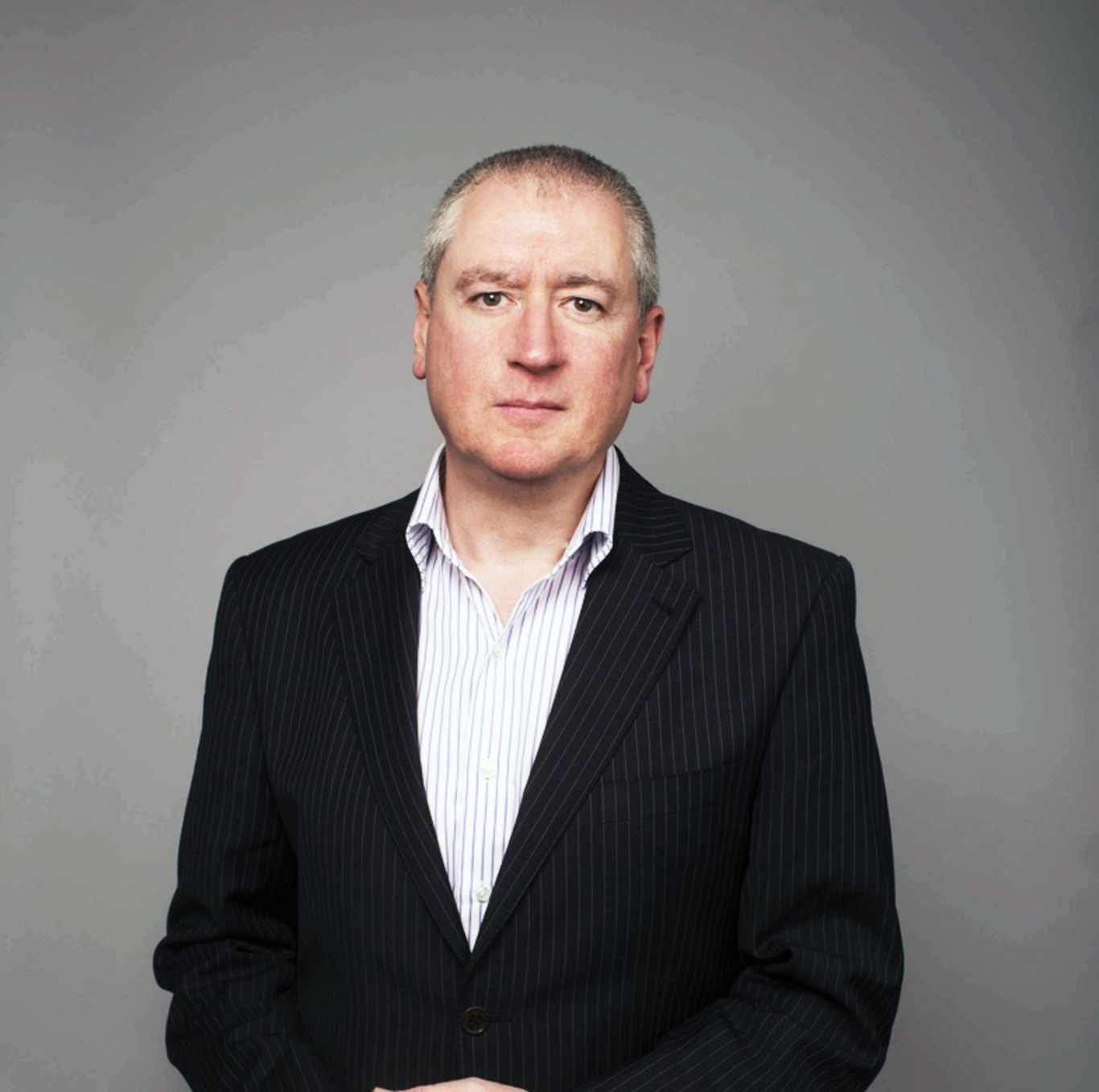'I've never had a bad job - I was always afraid of having to work for a living'
Al Dunne from Unique Media talks about why personality is everything in the PR business.
FORMER RADIO PRESENTER Al Dunne left the world of broadcasting behind more than a decade ago to set up a PR agency and media consultancy.
The co-founder of the Q102 and 4FM radio stations, Dunne cut his teeth in the pirate radio scene before working as programme director at longwave station Atlantic 252 through the 90s.
More recently, he teamed up with Breda Brown to launch Unique Media, which provides media training for clients among other services.
As part of our weekly question-and-answer series, we spoke to Dunne about his childhood radio dreams, why he’s taking German lessons and how personality is everything in his line of work.
Here’s what he had to say:
What was your earliest or childhood ambition?
I wanted to work on the radio. I used to listen to Gay Byrne when I was a kid, when I was sick off school – or pretending to be sick – and always thought that would be a nice thing to do.
Eventually the pirates started up and I thought, I could do that. I started off in pirate radio when I was 15 and that’s how I got into the media business in general.
I have no idea what drew me to radio in the first place. I can only imagine that I thought it would be an easy job; talking to yourself in a studio seemed like a handy enough way to make money.
How would you describe your work/management style?
There are different styles for different people. I’ve been described before as firm but fair.
The art of management is getting people to do what you want them to do but making them think it was their idea. It’s nice if you don’t have to spend too much time giving people grief.
If people like you, they’ll generally work harder for you. Management shouldn’t be that difficult provided you have a good team.
What’s the worst job/task you’ve ever had to do?
I’ve been very lucky. I started in radio when I was 15. There wasn’t a whole lot of money, but because we were jocking on the radio we were also out doing gigs. You could always make a few quid working in a nightclub or doing 21st birthdays or weddings.
It meant I never had to go out cleaning loos or anything. I never really had a bad job – I think I was always afraid of having to work for a living!
I’ve had to let people go of course. It’s not pleasant, but it is part of the job and you just have to accept that and do it.
Business is business. If you’re not prepared to do that part of the job then you don’t deserve the nice parts either.
What’s the one work skill you wish you had?
Speaking another language. I think Irish people are particularly lazy when it comes to speaking other languages, although I think it’s getting better.
I did German in school and recently started learning again. I think it’s a shame that when you come out of school that you don’t continue using the language. I think it’s because we don’t have to. We’re lucky enough that we speak English.
What’s one thing that would put you off hiring someone?
In this business, under-confidence. In PR, advertising and media training, if someone can’t sell themselves, they’re not going to do a great job of selling the client. I’m talking about a certain level of confidence; not cockiness.
In PR and advertising, if you just scrape through college and you’re really, really creative and an outgoing person, then you’ll probably do better than somebody who came out best in class but doesn’t have the personality for it. Personality is important in this gig.
What’s your favourite job interview question and why?
What I generally try and do when we’re interviewing somebody is give them so much information about the job and the company and the culture that they’ve no questions to ask me.
At that stage, I want to see if they have anything interesting that we haven’t covered that they can ask. Creativity is big in this game.
What’s the one piece of advice you would give to someone starting out in your industry?
Network. I’m still talking to people I met 35 years ago in radio and media and elsewhere. People move on and they move up.
From a PR perspective, we can make a call to an awful lot of radio stations or newspapers or media outlets and there are people that we know from over the years or have worked with over the years. They’ll always take your call.
Most people are fairly open to it. And if somebody says that they’re willing to help you, take them at their word and don’t be afraid to take them up on the offer.
What has been your biggest mistake to date and what did you learn from it?
I’ve been involved in a number of businesses throughout the years. Some of the things I’ve invested in haven’t gone terribly well. You win some, you lose some.







